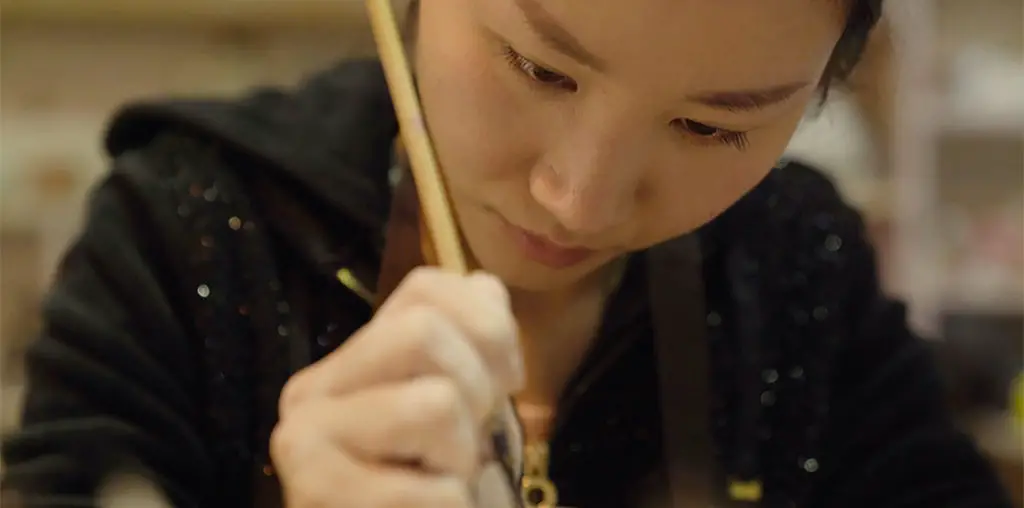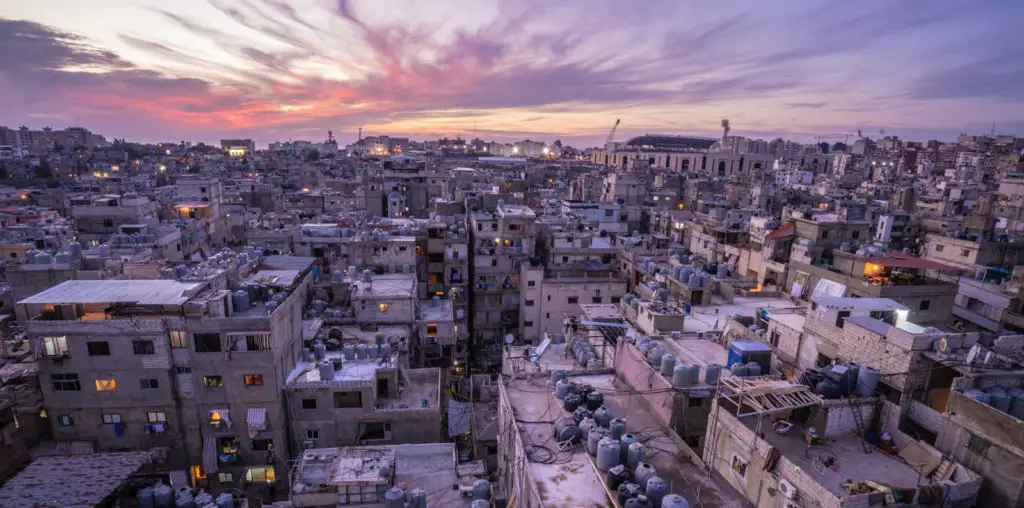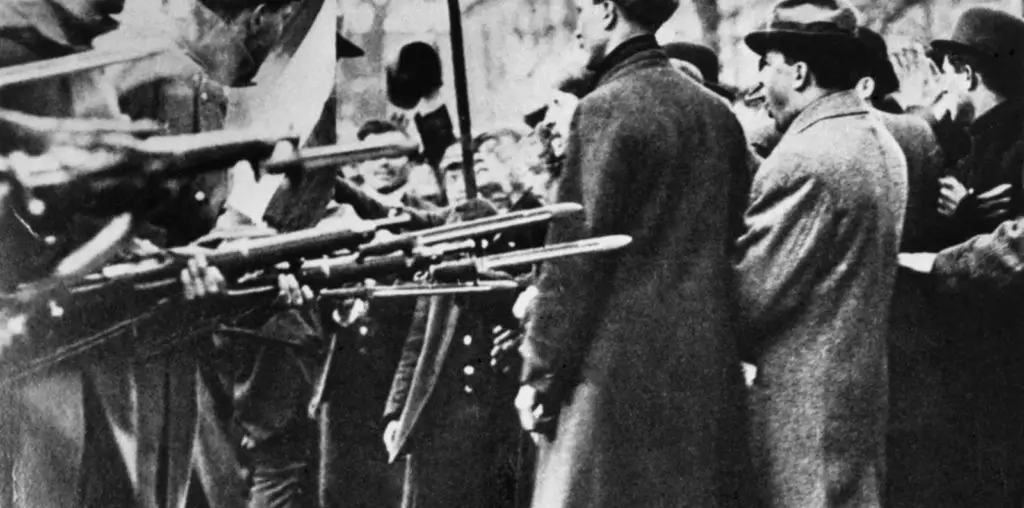
SUNDANCE FILM FESTIVAL 2024 REVIEW! In the opening moments of Igualada, we’re introduced to the title’s definition as being “a derogatory term (based on class, race, and gender) used to designate someone who acts as if they deserve rights and privileges that supposedly don’t correspond to them.” The remainder of writer-director Juan Mejia Botero’s documentary makes a collected effort to understand the sociocultural root of this discrimination in Columbia while showcasing an individual who makes it their mission to overcome such dangerous stereotyping in order to construct meaningful and lasting change in their native country.
Black Colombian activist and community leader Francia Márquez has been fighting for her disenfranchised community for over a decade — facing down multinational corporations trying to evict her community to mine gold, navigating paramilitary groups conducting clandestine slaughters in La Toma, and lashing out against Columbian institutions and leaders who don’t care for the plights of marginalized populations. While Igualada was not produced by Márquez and her fellow activists, it has many hallmarks of a traditional campaign promo without the abundance of rhetorical fluff on which such promos are built.
Built on a wealth of documentation reaching back many years, Márquez’s journey from a community council member and single mom to being one of the front-running upsets of the national Columbian electoral process is a fascinating one. While it could be viewed in some way as a rags-to-riches story, great pains are taken to avoid that attitude. Audiences bear witness to one woman’s struggle to represent and protect her neighbors as an incidental metaphor for the recent history of activism in Columbia and all of the challenges and perils that come along with it. Márquez’s sociopolitical platform is directly related to the murdered and incarcerated activists and leaders who came before her, laying out the foundation from which her work continues.
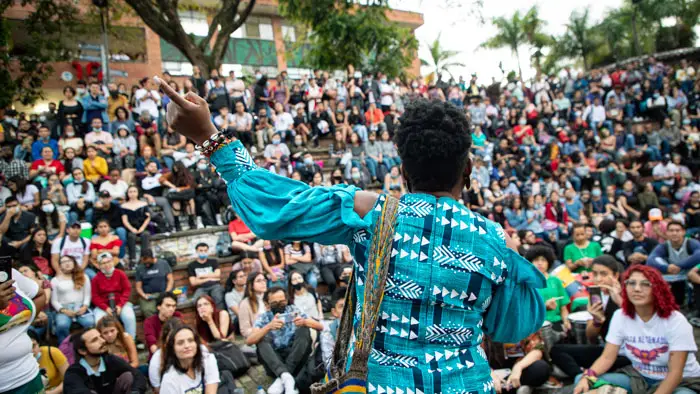
Francia Márquez appears in IGUALADA by Juan Mejia, an official selection of the World Documentary Competition at the 2024 Sundance Film Festival. Courtesy of Sundance Institute. Photo by Darwin Torres.
“…Francia Márquez has been fighting for her disenfranchised community for over a decade…“
While the filmmaker weaves enough opposition points of view into Igualada to present the pushback and violence Márquez works to overcome, this is clearly not meant to give equal space to each perspective — and it doesn’t need to. The movie’s a rallying cry for those who stand for similar values to join the movement and continue efforts to better represent all peoples, with a focus on downtrodden and prejudiced communities. Due to the stripped-down audio/visual aesthetic, leaving the more technically complex moments only for a scant few montages, this heavily relies on the innate power of its subjects to affect the audience. And this approach usually succeeds.
The deft hand of Botero’s direction is most evidently reflected in Andrea Chignoli’s editing. An abundance of original and appropriated material swirls together as if by a mixologist, utilizing both linear and non-linear storytelling methods, resulting in an engaging narrative. We see the nuts and bolts of an upstart political movement and bear witness to the integral logistics and volunteer management needed in order for it to function properly, let alone against opponents with funding in the multi-millions. By the end of the brisk runtime, which opts not to belabor any sticking points, the whole experience coalesces into a final message of hope and change.
While Igualada doesn’t break any new ground stylistically or innovate much on its tried-and-true documentative techniques, it provides a timely portrait of genuine activism in a world increasingly overcome with corruption, crony politics, and cynical apathy.
Igualada screened at the 2024 Sundance Film Festival.
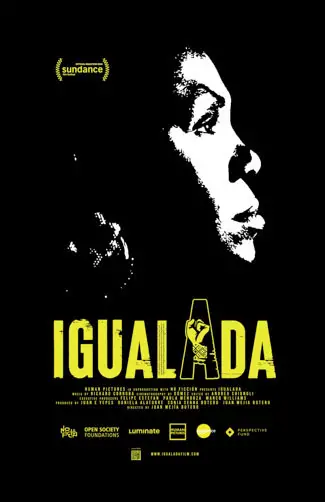
"…provides a timely portrait of genuine activism in a world increasingly overcome with corruption..."
